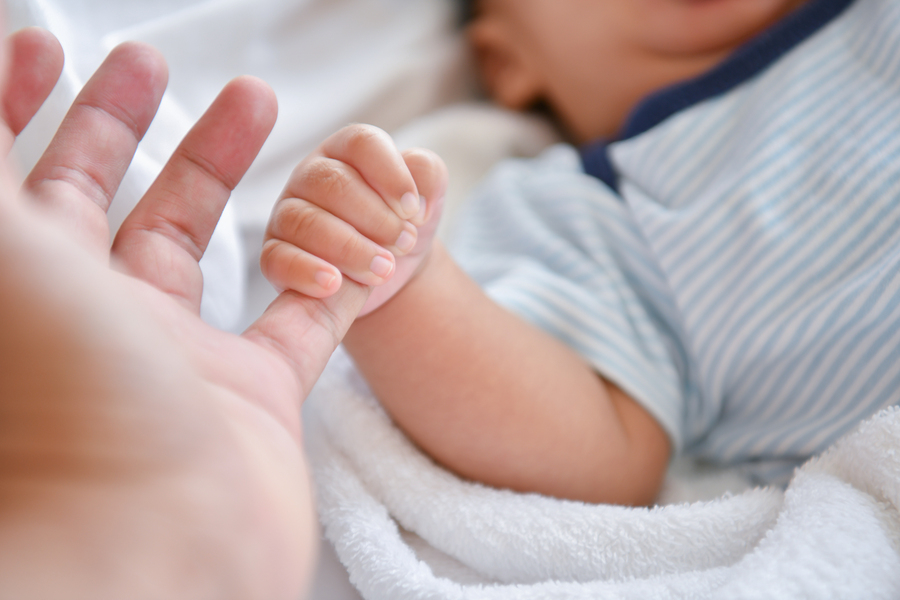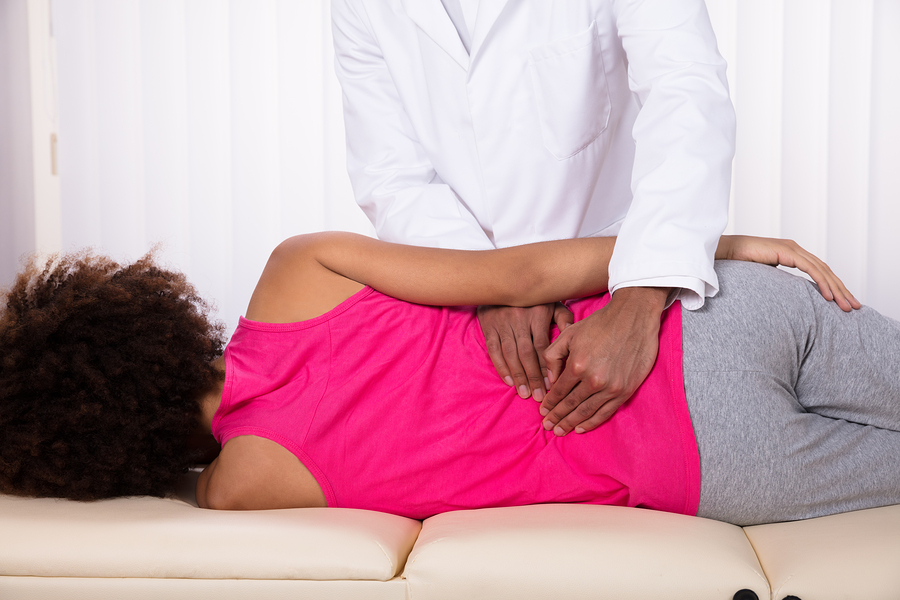New mothers have a lot on their plates: crying, nappies, feeding… the last thing you’ll want to deal with on top of all that is pelvis pain!
Childbirth puts a lot of strain on the body – every woman knows that going in.
What fewer women know is that in some cases, the pain can persist for weeks and even months afterwards.
Luckily, new mothers have a powerful ally on their side – their local Highett physio!
What causes pain in new mothers? Introducing the pelvic floor
Before we talk about the causes of your postpartum pain, we need to introduce the star of the show: your pelvic floor.
Essentially, the pelvic floor is the collection of muscles, ligaments and systems that support your bladder, uterus, bowels and other pelvic organs.
Carrying a baby around puts huge pressure on your pelvic floor. During the final trimester, that can mean anywhere between 2.5 and 5kg of unexpected pressure on your pelvis for weeks on end.
This strains muscles and stretches ligaments, which can diminish their strength and function.
In addition to pain, this can affect the your pelvic organs. Without the muscles and ligaments to support them, your pelvic organs can’t function.
And we haven’t even gotten started on what happens during delivery
During delivery, your pelvis has to make space for a baby.
Hormonal changes during pregnancy soften or loosen up your pelvic floor, cervix, and birth canal in preparation for childbirth.
Even with these natural precautions however, a certain degree of muscle tearing and nerve damage is almost unavoidable – and totally normal.
C-sections aren’t immune, either!
Just because the final method of delivery might differ doesn’t make you immune from the regular pains.
You’re still carrying a 3.5kg weight on your pelvis for weeks on end – that puts a strain on your body.
But there’s another source of pain that’s unique to C-sections: recovering from surgery.
What you see is only the surface level. Underneath, your muscles are busy reforming and healing – pain is no doubt expected.
Physiotherapy isn’t just about preventing pain. It’s also about helping you recover from injury – or in this case, from surgery.
Symptoms of pelvis problems
Are you a first-time mother? Is your stomach causing you pain?
Afterbirth pains are part and parcel of childbirth. While carrying a child, your uterus balloons to many times its normal size. It takes time to recover from this.
These often manifest as cramps, and are caused by contractions in your uterus as it returns to its pre-pregnancy size.
Problems with your pelvic floor are distinct from ordinary post-pregnancy pains.
Here are a couple of symptoms to look out for:
- Incontinence – a weak pelvic floor can lead to a loss of bladder or bowel control
- Prolapse – your uterus, bowel, or bladder can completely collapse on themselves, leading to lumps in awkward places
- Constipation – pelvic problems can lead to troubled bowel movements
- Localised weakness and pain – this one’s a no-brainer
All of these are the result of weakened muscles and ligaments in your pelvis area. Without muscles and ligaments to hold everything together, everything collapses.
We strongly recommend scheduling an appointment with a physiotherapist in conjunction with an OB GYN visit.
How physiotherapy aids childbirth recovery
With inadequate rehabilitation, your body may be vulnerable to further injury and pain.
Your pelvis muscles and organs are in a delicate spot postpartum, and returning to vigorous activities can end up aggravating existing pain.
A physiotherapist helps by rebuilding strength following a recent childbirth.
It all starts by identifying your body’s current capabilities, and zeroing in on the exact cause of your pain.
Once we know which specific muscles and ligaments that are causing you pain, our focus shifts to encouraging recovery.
Using proven exercises and routines, we build strength in your pelvis muscles and ligaments. This rebuilds the support network that your pelvic organs rely on to function properly.
It’s not just pelvic floor problems, either. Even a smooth childbirth isn’t without drama and pain.
Luckily, your physiotherapist can also prescribe remedial treatments like massage to relieve the normal post-pregnancy pain most women experience.
All this gets you back to where you want to be: free to focus on all the other challenges that come with being a new mother, but without the pain!
Need a Highett physio?
At Physio AUS, we’re all about preventing your pain from ever making a comeback.
Our Highett physio clinic caters to all sorts of pain. Athletes, labourers, office workers… anybody and anyone can be struck down with recurring pains.
And that includes post-pregnancy physiotherapy too.
When you need a helping hand (literally) during your recovery, you can trust our team of expert physiotherapists to help.
Get in touch with us today – call 1300 392 552 or fill in this form if you have any questions, or, if you’re ready to book, you can do so right here.

 1300 392 552
1300 392 552

Leave A Comment